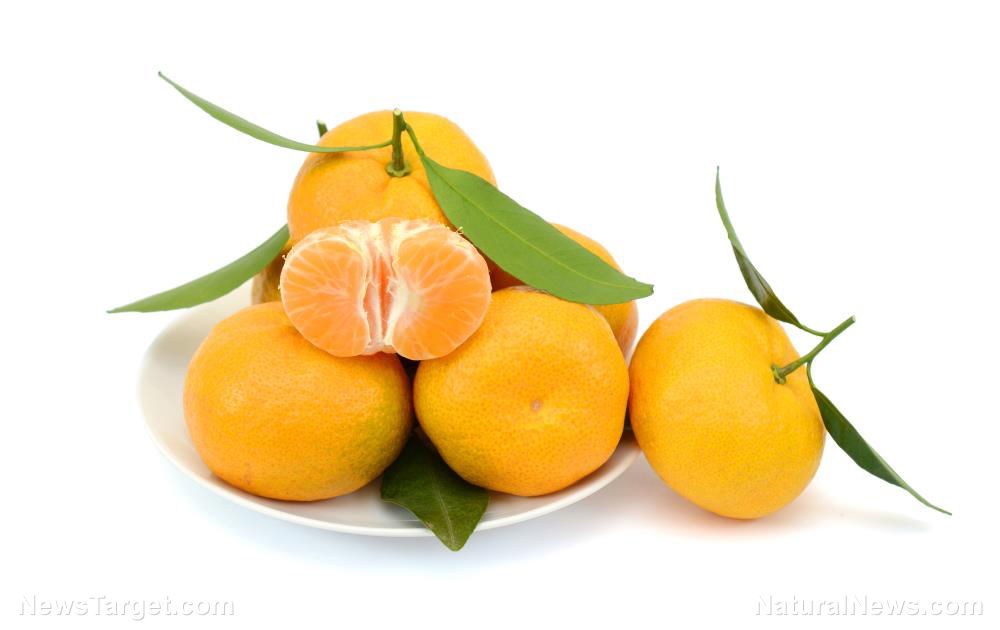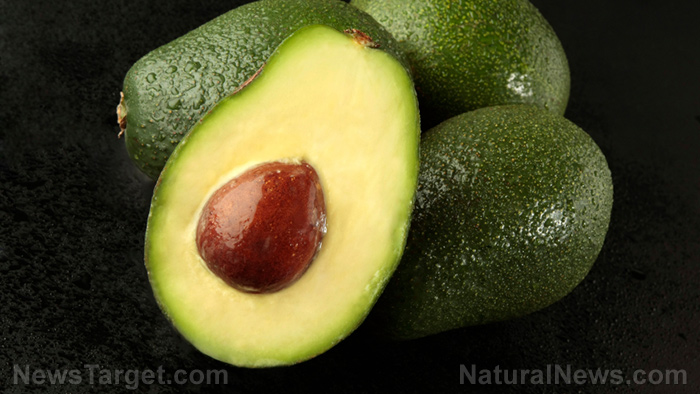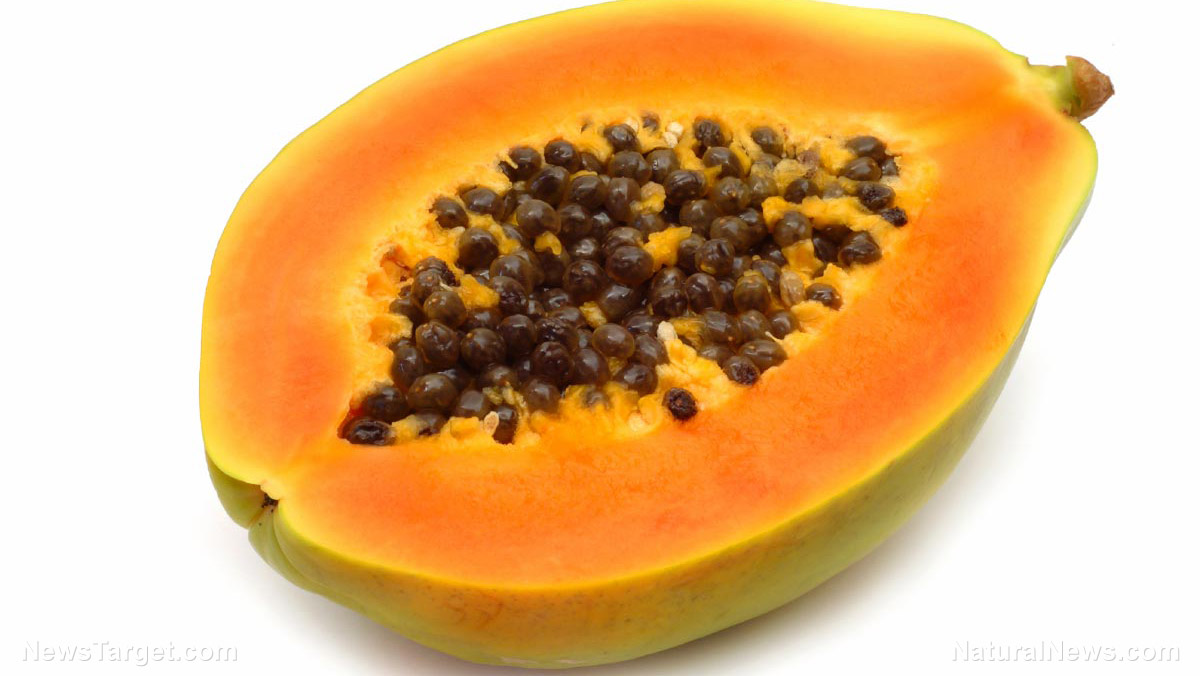Cucumber – sources, health benefits, nutrients, uses and constituents at NaturalPedia.com
06/23/2017 / By Bridgette Wilcox

Cucumber, sometimes referred to as gherkin, is a common vegetable that is native to many parts of the world. It has an elongated shape with rounded edges, and typically has dark green skin, though other colors are also available. According to WHFoods.com, it grows in many different kinds of climates, from temperate to tropical. They belong to the plant family called curcubitaceae, along with melons and squashes. In the United States, Florida and California are the top producers of cucumbers, with some amounts being imported from Mexico. Globally, China produces the highest volume of cucumbers, followed by Iran, Mexico, and Spain.
The best cucumbers are those that have a firm body, with bright skin. Cucumbers that are puffy, yellowing, or have mushy areas should be avoided.

List of known nutrients
According to Nutrition-and-You.com:
- Calcium
- Carbohydrates
- Dietary fiber
- Folates
- Iron
- Magnesium
- Manganese
- Niacin
- Pantothenic acid
- Phosphorus
- Potassium
- Protein
- Pyridoxine
- Riboflavin
- Thiamin
- Vitamin A
- Vitamin C
- Vitamin K
- Zinc
Medicinal uses for cucumber
Perhaps the most famous nutritional advantage of cucumber is its effect on the complexion. The vegetable is a good source of silica, OrganicFacts.net said. The compound is associated with having brighter, more glowing skin. It also has high water content of about 96 percent, which allows it to keep the skin hydrated and naturally moist. Cucumber extract is also used to treat skin ailments, such as sunburn, and under eye bags.
With its combination of water and fiber, cucumber aids digestion and is effective in preventing constipation. The water in cucumber is of better quality than regular water, as it is naturally purified. Cucumber is also a natural diuretic. This makes cucumber good for the kidney, particularly at preventing kidney stones.
Cucumber can control blood pressure, due to its generous amounts of magnesium, potassium, and fiber.
The vegetable has also been used to manage the health of diabetics. With a rating of zero on the glycemic index, the carbohydrates in cucumbers can easily be digested by diabetics, and allows them to get nutrition while keeping their glucose levels in check.
Cucumber may also be efficient against:
- Burns
- Edema
- Gout
- High cholesterol
- Inflammation
- Intestinal parasites
- Pink eye
- Rheumatoid arthritis
- Sore throat
- Ulcerative colitis
Body systems supported by cucumber
Here are the body systems that benefit from cucumber, according to MedicalNewsToday.com:
- Cardiovascular system
- Digestive system
- Skin
- Urinary system
Ways to use cucumber
Cucumber has a cool, clean taste that makes any dish instantly refreshing. Even when added to dishes, cucumber is often used raw, to get the most out of its distinct taste. Based on recipes on RealSimple.com, the vegetable is often used in salads, and goes particularly well with dill. Chopped up, it can be added to sauces and dips to add a hint of freshness. It can also be used as a side dish when mixed with other vegetables. Cucumbers can also be pickled and added to sandwiches and meat dishes. Outside of food, cucumber juice or extract can also be applied directly onto the skin to provide relief from sunburn and other skin irritations,
Where to learn more
- Cucumber, the medicinal benefits of a fresh vegetable
- Cucumber heals – The superb health benefits of cucumber
- Cucumber Drink Target Belly Fat Rapidly & How To Make This At Home?
- Great Benefits of Drinking Cucumber Water (+4 Recipes)
- 10 Reasons You Should Eat Cucumber
Summary
Cucumber can promote skin health.
It can be used to treat sunburn and under eye swelling.
It can prevent or treat constipation. It is also a natural diuretic, and can prevent kidney stones.
Cucumber can lower blood pressure.
It can be used to manage diabetes.
Sources include:
Tagged Under: cucumber



















